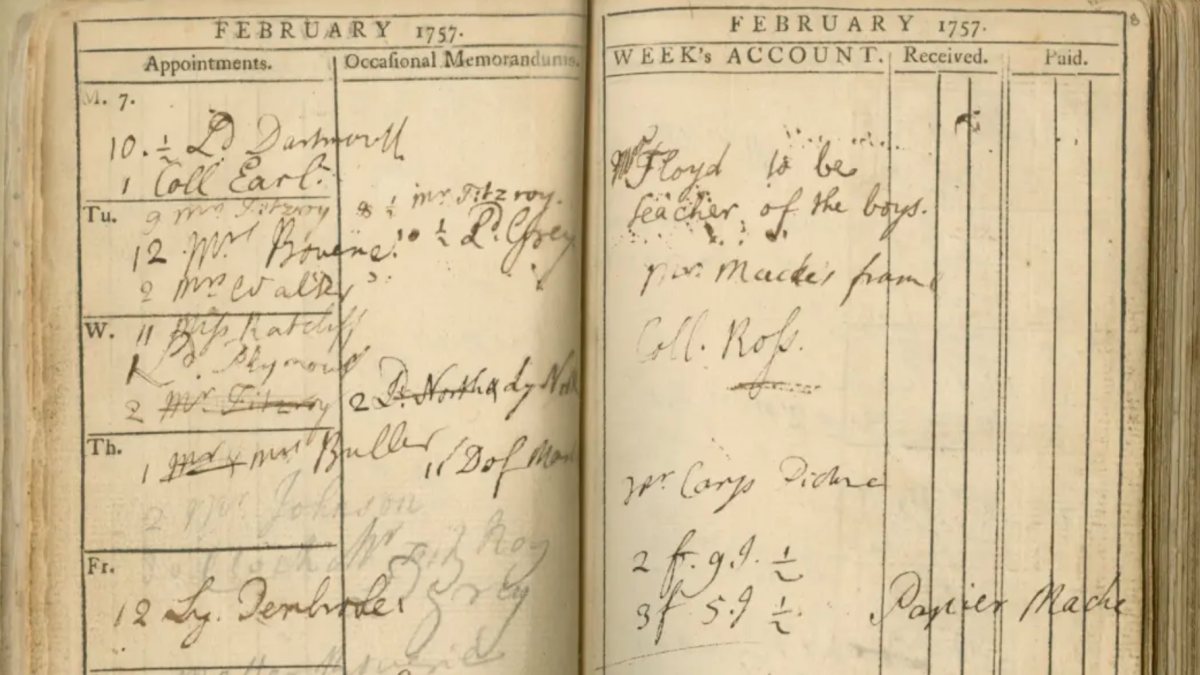Straight, McMahon-Hussein correspondance (1916)
2017 - Drawing & Print (Drawing & Print)
13 x 36 x 2 cm.
Bady Dalloul
The Great Game is a series of works composed of a number of card combinations illustrated by the faces of key political figures shaping the geopolitical landscape in the Middle East. Each reconstituted ‘hand of play’ corresponds to a diplomatic treaty establishing or modifying geographical borders. The plastic form of a poker hand chosen by the artist highlights the randomness of the process of fixing boundaries and the way in which they do not account for the lives of those located there. These eleven works cover two major themes of Dalloul’s artistic practice, play and power relations in geopolitics. This work represents the correspondence between Colonel Sir Henry McMahon, British High Commissioner in Egypt and Hussein bin Ali al-Hashimi, Arab leader, Emir of Mecca, during the First World War and at the beginning of the Arab revolt against the Ottoman Empire in 1916. These letter exchanges have had a decisive impact on Middle Eastern history as they mark the official promise by the British government of an independent Arab state. A state that will never see the light of day and will be superseded by the Sykes-Picot Agreements, which will divide the Middle East into two zones of influence through the establishment of administrative mandates; implicating the British in Palestine, Jordan and southern Iraq, and the French in present-day Syria and Lebanon. The formation of these contemporary states is the direct consequence of the failings of this correspondence. Sir Arthur McMahon, David George Hogarth, Thomas Edward Lawrence, Hussein bin Ali, Sharif of Mecca and Colonel Sir Mark Sykes are all depicted in this hand.
Bady Dalloul cunningly employs collage across various media: texts, drawings, video, and objects to produce powerful works commenting on the past and the present. His collages imply a construction, the fabrication of a space that is simultaneously autobiographical, critical, poetic and narrative. Thus, he makes narratives where the real and fiction, and individual and collective experiences, enter into a permanent dialogue questioning the official historical grand narratives. The artist conceived of a fragile book, tattered by time and long use. It’s a diary, and he has patiently filled every page. He has taken notes ever since his childhood spent in Paris and Damascus, cutting out and pasting in illustrations from history magazines and books to make up stories like Badland (1999–2004). His practice began as a way to keep busy and counter boredom and the incomprehensibility of the crisis that has held Syria in its grip for decades. For 5 years, he filled his notebooks with definitions, notes on events, information (scientific, geostrategic, military, economic and historical) and maps. A long-term project guided by a question, an obsession: do images represent the truth of our world?
Colors:
Other related works, blended automatically
» see more

© » KADIST
Bady Dalloul
2017The Great Game is a series of works composed of a number of card combinations illustrated by the faces of key political figures shaping the geopolitical landscape in the Middle East...
Related works sharing similar palette
» see more

© » KADIST
Kelly Sinnapah Mary
2021Notebook 10 , l ‘enfance de sanbras (The Childhood of Sanbras) series by Kelly Sinnapah Mary is a sequel to an earlier series by the artist titled Cahier d’un non retour au pays natal (2015)...
Other works by: » Bady Dalloul
» see more

© » KADIST
Bady Dalloul
2017The Great Game is a series of works composed of a number of card combinations illustrated by the faces of key political figures shaping the geopolitical landscape in the Middle East...

© » KADIST
Bady Dalloul
2017geopoliticalThe Great Game is a series of works composed of a number of card combinations illustrated by the faces of key political figures shaping the geopolitical landscape in the Middle East...

© » KADIST
Bady Dalloul
2022With Inner Child , Bady Dalloul continues his ongoing reflection on migration and belonging, putting in balance levantine and Japanese histories...

© » KADIST
Bady Dalloul
2015Bady Dalloul’s Scrapbook is a 48 minute video beginning from his birth, tracing major global events of the 20 th century, including the beginning and current Occupation and colonization of Palestine, the atomic bombings of Hiroshima and Nagasaki, assassination of family members and the Syrian diaspora...
Related works found in the same semantic group
» see more

© » KADIST
Mona Benyamin
2020A moonscape is a vista of the lunar landscape or a visual representation of this, such as in a painting...

© » ROYAL ACADEMY
Discover the diary of Sir Joshua Reynolds PRA | Blog | Royal Academy of Arts Sir Joshua Reynolds, PRA, pocket book © Photo: Royal Academy of Arts, London Discover the diary of Sir Joshua Reynolds PRA Read more Become a Friend Discover the diary of Sir Joshua Reynolds PRA Published 14 July 2023 On the 300th anniversary of the birth of our first president Sir Joshua Reynolds, we’ve digitised his diary for the first time...





